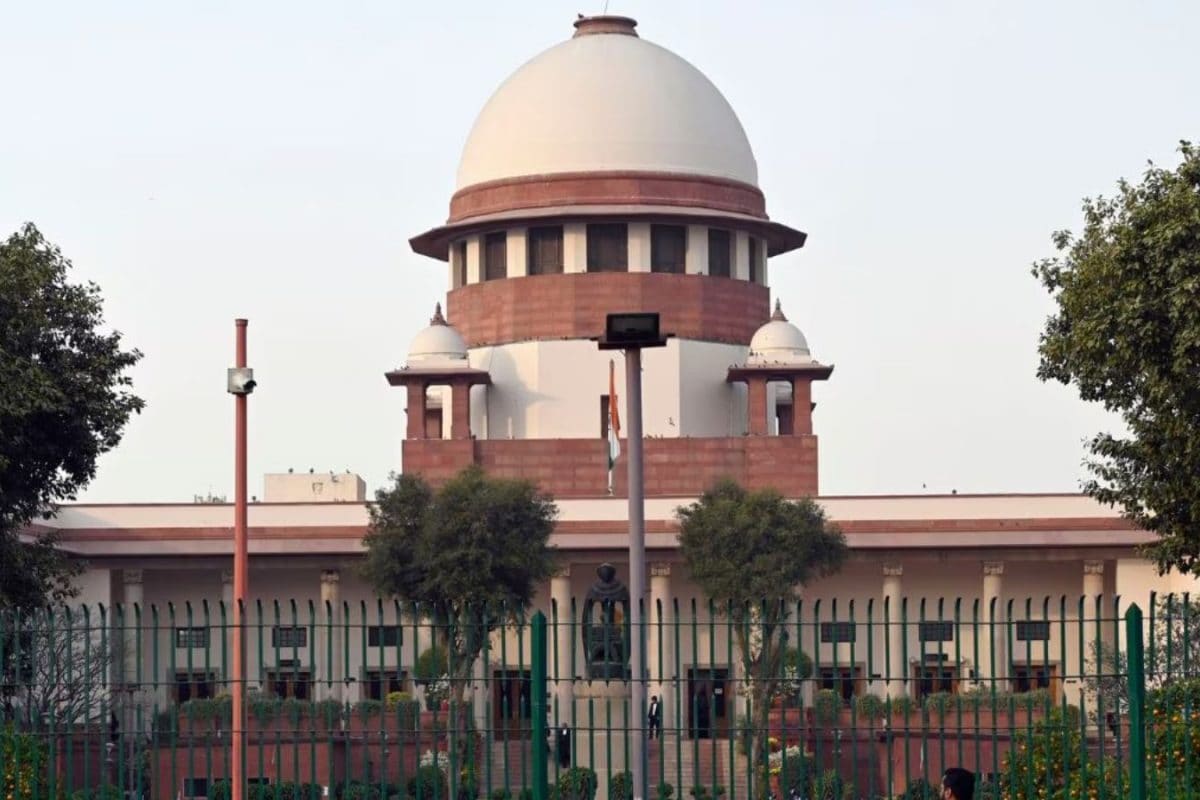

The Supreme Court has strongly criticized the Enforcement Directorate (ED) for its low conviction rate and has emphasized that the agency must operate within the bounds of the law. The court stressed that the ED "cannot act like a crook" and must adhere to legal boundaries.
During a hearing regarding review petitions challenging the 2022 verdict that upheld the ED's arrest powers under the Prevention of Money Laundering Act (PMLA), a bench of Justices Surya Kant, Ujjal Bhuyan, and N Kotiswar Singh voiced their concerns. Justice Bhuyan pointed out that of the approximately 5,000 cases registered by the ED in the past five years, the conviction rate is less than 10%. He stated that the court is concerned about the liberty of individuals and the image of the ED, urging the agency to improve its investigations. He questioned that after keeping the accused in custody for 5-6 years if they are acquitted then who will be paying for this.
The Supreme Court is hearing pleas seeking review of the 2022 verdict that upheld powers of arrest of the Enforcement Directorate (ED) under the Prevention of Money Laundering Act (PMLA).
Additional Solicitor General S V Raju, representing the ED, argued that the low conviction rate is due to the rich and powerful employing numerous lawyers and filing applications to prolong proceedings. He also mentioned the difficulties in investigating cases involving crypto-currencies and individuals fleeing to foreign jurisdictions. However, the court insisted that the ED must act within the confines of the law, regardless of these challenges.
Another Supreme Court bench, led by Chief Justice B.R. Gavai, also questioned the ED's conviction rates. Justice Gavai highlighted that even without convictions, the ED has been "successful" in "sentencing" individuals by keeping them in jail for years without a trial.
The Supreme Court's criticism comes amid growing concerns about the ED's effectiveness, neutrality, and working style. Data presented in the Rajya Sabha revealed that the ED registered 5,892 cases under the PMLA from 2015 to June 2025, but only 15 individuals have been convicted. This low conviction rate has fueled allegations that the agency is being used as a political tool to target opposition leaders. Critics argue that the ED is quick to file cases but fails to substantiate them with solid evidence, leading to acquittals or prolonged trials.